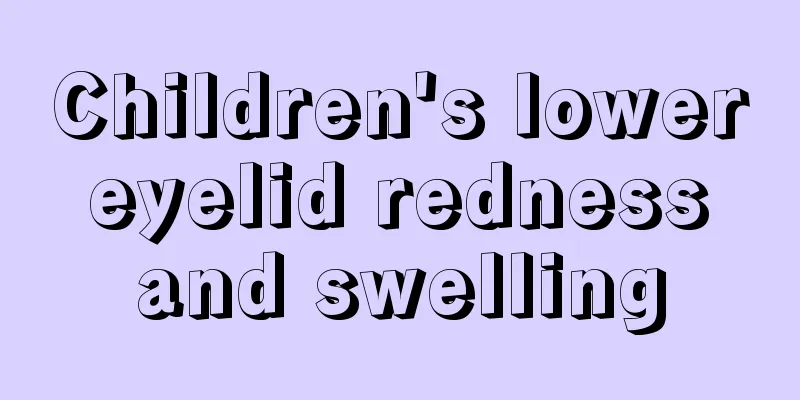Signs that your baby is not full

|
New mothers who have just given birth always have problems with breastfeeding. For example, they don’t know whether the baby is full, so the mother’s breasts are empty and the baby keeps making sucking sounds. This may be because the baby eats too much and excretes quickly, so the amount he eats is relatively large. Others may be because the mother does not control the amount and time of feeding well.
The mother should breastfeed 8 to 12 times a day, and after each feeding, at least one of her breasts should be emptied. When breastfeeding, your baby will make rhythmic sucking sounds accompanied by audible swallowing sounds. During the first two days after your baby is born, you should urinate at least 1 to 2 times. Starting from the third day after birth, the baby will urinate 6 to 8 times every 24 hours. At least 3 to 4 bowel movements every 24 hours, with each bowel movement exceeding 1 tablespoon. After the third day after birth, the baby may excrete soft yellow stools 4 (large amount) to 10 (small amount) times a day.
After 3 days of age, the baby urinates less than 6 times in 24 hours. Three days after birth, the baby still has black, green or brown stools. 4 days to 4 weeks after birth, the baby will have less than 3 to 4 bowel movements per day. Breastfeeding less than 8 times in 24 hours. Or the baby is always crying and restless even though he is fed frequently. The baby behaves unusually well, rarely cries, and sleeps continuously for more than 4 to 6 hours. Although the mother's breasts can secrete breast milk, the baby cannot hear swallowing sounds when sucking.Five days after your baby is born, your breasts may still not be able to express milk easily. Most of the time, when the baby is breastfeeding, the mother will feel nipple pain and obvious nipple congestion (the nipple is harder before feeding and does not become soft after feeding). Five days after birth, the baby's weight gain is less than 15 to 30 grams per day. Ten days after birth, the baby's weight has not returned to the level at birth. |
<<: Children with crooked teeth
>>: How to tell if your baby is full?
Recommend
Is it harmful for children to wash their noses?
Children's health is the biggest concern of p...
Why should you change your baby's pacifier so often?
In fact, in daily life, we need to pay special at...
How many months does the baby know how to make people laugh?
Babies are very smart. A small action of mom and ...
What is the normal blood sugar level for newborns?
Every parent hopes that their child can come into...
Reasons for dry cough without phlegm and itchy throat in children
Parents often encounter various problems when tak...
Prevention of chronic rhinitis in children
Children's physical health is an issue that p...
Why do children's eyes always shed tears?
Tears are common in many people. Don’t be too anx...
Can children grow taller if their parents are not tall?
I believe that in daily life, we often hear paren...
What to do if your child has tonsil suppuration
Severe inflammation and suppuration of baby's...
How much vision is considered myopia in children
Vision is very important for an individual. If a ...
What to do if your child doesn't want to eat
We all know that children need a lot of nutrition...
What should I do if my child has been coughing for a few days?
Cough is one of the most common symptoms of influ...
What is the normal weight of a three month old baby?
The baby's weight requires parents to pay mor...
What's wrong with the baby's nose having mucus?
When a baby's nose is clogged with boogers, i...
The reason why children have white spots on their fingers
In fact, the situation of white spots on children...









